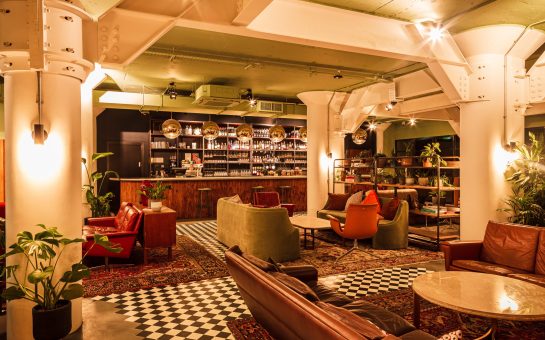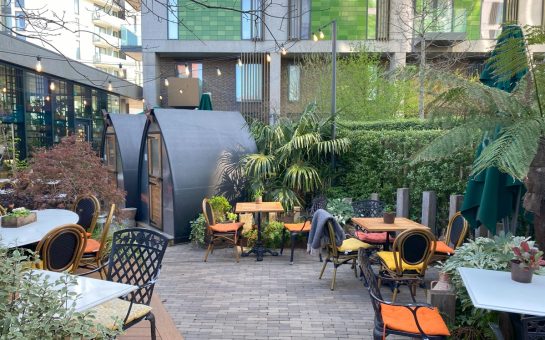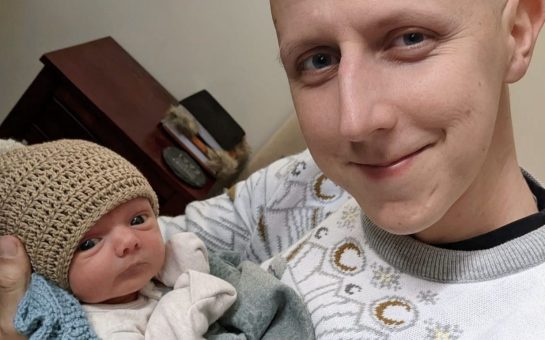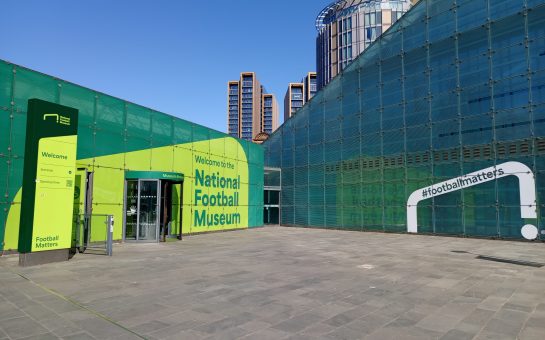Syrian refugee families could soon benefit from research undertaken by a student from the University of Manchester.
Aala El-Khani is currently carrying out research exploring the parenting needs of families forced to raise their children in camps and the impact of war and displacement on parents.
Having visited three Syrian refugee camps first-hand, the mother of two hopes her research will lead to the development of parental resources for those faced with the challenge of continuing to raise families after been forced to flee their homes.
El-Khani, whose parents originate from Syria, said: “Mental health needs in refugee camps are getting some attention from aid agencies but parenting needs have not really been looked at in detail before, even though it’s known how distressed families are, so it’s really important to be able to explore this further.”
After fighting broke out in 2011, more than a million Syrian nationals, including young children and families, have been forced to flee their homes in the hope of finding sanctuary in one of the many refugee camps.
The latest UN figures show at least 93,000 casualties over the past two years, with many families forced to witness relatives being murdered or raped.
Whilst visiting the three camps last October, El-Khani was able to conduct her research, conducting focus groups, one-to-one interviews and collecting over 100 parenting questionnaires. Alongside this, she was also able to interview aid workers and professionals involved in humanitarian support in Syria.
She said: “One focus group was carried out in a building where many had not bathed in a month and families didn’t know how they were going to get their next meal, but still they were so welcoming.”
The results obtained from Qah, a refugee area on the eastern border of Syria, Bab Al-Salam refugee camp on the northern border and Bakhsheem refugee camp in Turkey, give an insight into the conditions faced by the displaced families.
She said: “The parents I spoke to are trying to do the best they can for their children in dreadful circumstances where they have lost everything. Children are at risk of being harmed so parents are afraid to let them go out. Some mothers described how, because of safety worries, they no longer know how to control their children’s behaviour because they can’t stop them going out of their cramped and crowded tent.
“Others said they are worried about pollution and cleanliness, letting their children outside as well as the risk of catching illness. There’s no flowing water so children are constantly getting dirty with no change of clothes.”
El-Khani is now looking to secure funding for the development of a training scheme, based on the Triple P Positive Parenting Programme – already in widespread use, designed specifically for parents forced to leave their homes and enter refugee camps.
“The power has been taken away from these mums and this leads to many psychological changes,” she said. “A lot of parents said they wanted to stay strong for their children and see it as their responsibility to do their best but there is also a lot of guilt and we need to give parents more support.”
With the issue of Syria dominating the agenda of the current G8 summit, and with its members far from finding agreement to a solution, the problem of displacement and refugees looks set to continue, meaning work such as El-Khani’s will become more important.
Picture courtesy of IHH Insani Yardim Vaki, with thanks.
For more on this story and many others, follow Mancunian Matters on Twitter and Facebook.



